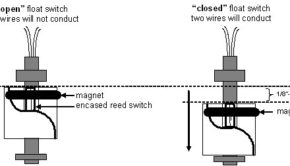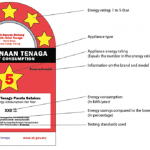Finance 101 for People Who Are Ready to Get Control of Their Money
For years, the phrase “more month than money left” has described your life perfectly. You are sick and tired of barely making ends meet some of the time, and using credit cards or loans from family to get by other months.
Here is some much-needed good news: you have got what it takes to do this. And here is some more: by learning some very basic finance concepts like the three below, it will make a world of difference with your wallet.

Spend Less Than You Make
To get started on your road to financial wellness, it is important to start with the biggest hurdle: you are spending more than you are bringing in. As The Finance Twins notes, even if you are certain you are paying the bare minimum for things, you probably are not. Take an honest look at all of your bills and expenses, and cut back on anything you can.
Don’t be shy about calling the companies you pay bills to every month to ask for a better rate. Start with your cell phone carrier and see what they can do to lower your bill, and then give the internet company and cable folks a call. You might be surprised to learn you have been paying for premium channels you never watch and minutes you never use. Also watch your food and entertainment expenses — check your bank balance online and add up those “cheap” fast food meals and tasty coffee drinks you consumed last month. Cook inexpensive meals at home and make your own coffee most of the time.
Create a Budget
Creating a budget will really help with the goal of living within your means. To do this, you don’t have to create a cumbersome paper spreadsheet, you can download a free app called EveryDollar that will help you create your first budget in 10 minutes or less. The app provides you with helpful visuals for what you have planned for your money, what you have spend and what you have left.
A budget will take the amount you make every month, for example $2,200, and give a “job” for every cent. If you allot $300 for your food, EveryDollar will show you at any given time how much you have already spent at the supermarket and what is left. This can really help prevent impulse shopping at the store.
Look for a Credit Card That Pays You Back
Let’s make something very clear about this tip: this is not about using a credit card to make ends meet or buy that new TV you’ve had your eye on. This is about finding a credit card that offers cash rewards when you use it. For instance, members of USAA may apply for the Preferred Cash Rewards Visa Signature Card; this card will pay you 1.5 percent in cash for everything you buy. Going back to the grocery budget of $300, if you use the Visa at the supermarket you will get $4.50 back each month or $54 each year. This is basically a totally free perk — the only catch is that you must pay off the card as you use it.
Small Steps Will Make a Big Difference
After feeling stressed out about finances for so long, getting in control of your money will feel really good. And it’s great to know that you don’t have to hire a financial advisor, learn all about the stock market and get into annuities to do it — although those can happen later on. Start by paring back all expenses, creating a basic first budget and looking for a credit card that rewards you, and you will be well on your way to getting your finances in order.
















